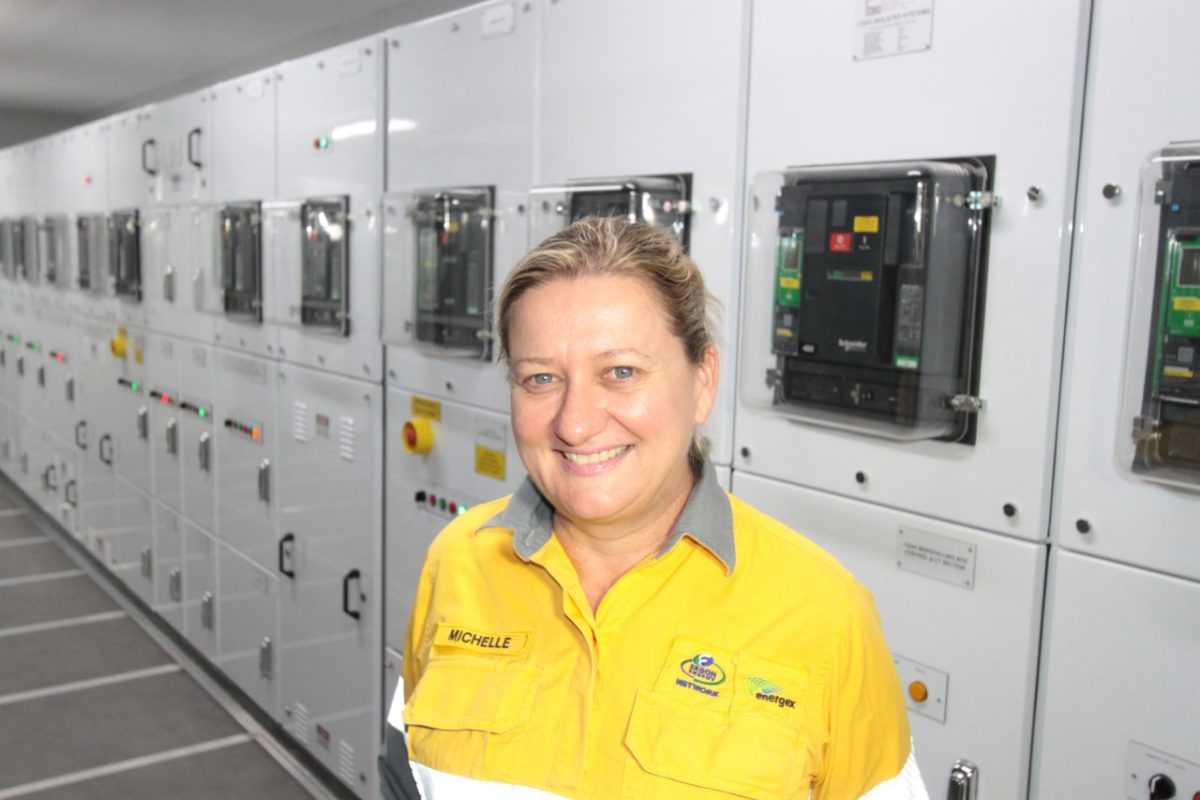The Queensland government has allocated $28 million (USD 18 million) to switch the regional diesel power plants in Boulia, Burketown, Doomadgee, and Windorah to renewable solar and battery microgrids.
In Boulia, a 1.7 MW solar farm is being planned by local provider Ergon Energy Network, a subsidiary of state-owned Energy Queensland. The Boulia solar farm is to be coupled with 1.5 MWh of energy storage.
Burketown is planned to have 1.2 MW of solar and 1 MWh of energy storage.
For Doomadgee, 4.5 MW of solar and 4 MWh of energy storage is in the works.
Finally, Windorah is set to have a 850 kW solar installation coupled with 1 MWh of energy storage.
No details on the specific type of planned batteries for any of the projects have been provided.
All four regional towns are serviced by Ergon Energy Network, which currently provides 34 isolated networks across 39 communities in Queensland.
In total, the rural installations are expected to save around $3 million per year by cutting 1.5 million litres of diesel, on top of significant emissions reductions.
The funding allocation has been made as part of Queensland’s 2023-24 budget.
“Queensland’s isolated networks are mostly powered by dedicated diesel power stations, with some generation coming from a combination of customer-owned rooftop solar PV, and centralised renewable energy installations owned and operated by Ergon Energy Network,” Energy Queensland’s Acting Chief Engineer, Jason Hall, said of the state’s current landscape.
“While these new solar farms might be small in size comparative to the Queensland SuperGrid, the benefit of them to these remote communities is incredibly valuable,” Queensland Minister for Transport and Main Road, Mark Bailey, said.
“This is great for the environment too, getting these isolated networks off millions of litres of diesel will help us to reduce electricity emissions by 96% by 2040,” Bailey added.
This content is protected by copyright and may not be reused. If you want to cooperate with us and would like to reuse some of our content, please contact: editors@pv-magazine.com.









By submitting this form you agree to pv magazine using your data for the purposes of publishing your comment.
Your personal data will only be disclosed or otherwise transmitted to third parties for the purposes of spam filtering or if this is necessary for technical maintenance of the website. Any other transfer to third parties will not take place unless this is justified on the basis of applicable data protection regulations or if pv magazine is legally obliged to do so.
You may revoke this consent at any time with effect for the future, in which case your personal data will be deleted immediately. Otherwise, your data will be deleted if pv magazine has processed your request or the purpose of data storage is fulfilled.
Further information on data privacy can be found in our Data Protection Policy.